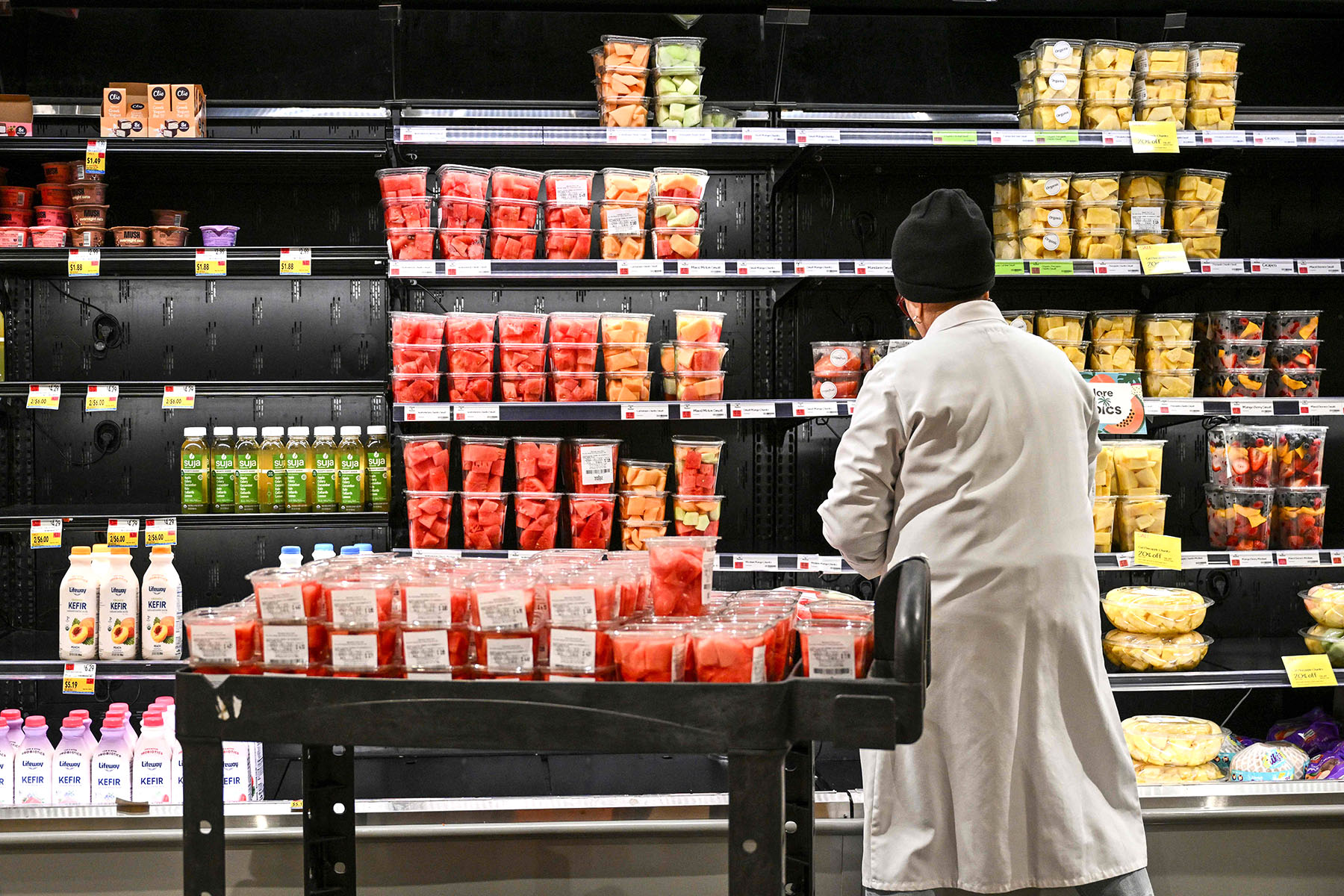Experts warn heavy duties risk igniting multifront trade war, stoke uncertainty

Concerns over additional tariffs for the United States’ trade partners by President Donald Trump persist despite a “pause” of 90 days announced on April 9.
Earlier experts have warned that the “Liberation Day” tariffs could ignite a multifront trade war, threatening the US economy, its technological dominance and its global trade relations.
Wall Street indices and futures, both on a rock-and-roll style in recent days, spurred into a massive rally following the White House announcement. But, analysts’ worries are yet to ease.
“We’re well into the early innings of a multifront trade war,” Navin Girishankar, president of the Economic Security and Technology Department at the Center for Strategic and International Studies, or CSIS, said at a briefing on April 7.
“The Trump administration has been transparent about its desire to use tariffs … but incoherent about the actual goals.”
Trump said the tariff aim is to reindustrialize the US, generate revenue to cut the federal deficit and balance trade with partners.
The panel, however, expressed skepticism about the tariff policy’s effectiveness and highlighted its potential downsides.
Philip Luck, director of the CSIS Economics Program, said the levies could raise up to $500 billion annually but will lead to serious consequences.
“This will be the largest tax increase in modern American history,” he said, adding that lower-income US citizens would bear the brunt of higher prices.
He mentioned early Atlanta Fed projections showing negative GDP growth for the first quarter with the new tariffs. “There’s a real risk of recession,” he warned.
Luck also questioned Washington’s claim that tariffs would revitalize US manufacturing.
“The US is a manufacturing superpower. We’re the second-largest manufacturer in the world,” he said, noting that output is near record highs despite declining employment.
Girishankar said that the tariffs’ revenue potential hinges on flawed assumptions about US leverage. “The core issue here is leverage is relative, not absolute,” he said.
Luck said that prioritizing low-skill manufacturing over high-value tech sectors could cost the US its innovation advantage.
“We risk losing ground in areas like artificial intelligence and quantum computing,” he said, suggesting a focus on maintaining technological primacy rather than chasing outdated industrial goals.
A handful of Republicans, including US Senator Susan Collins, a Maine Republican, and US Senator Ted Cruz, a Texas Republican, have expressed concern over the tariffs.
US Senator Rand Paul, a Kentucky Republican, has been the most vocal. He said he has received support from several Republican colleagues who admit in private that they are unhappy over the US’ tariffs.
“It’s based on a fallacy. And the fallacy is that somehow in a trade someone must lose,” Paul said.
In one of the first visible public signs of a fracture among Trump’s key team of advisers, Elon Musk, the world’s richest man, heading the Department of Government Efficiency, or DOGE, wrote a series of social media posts over the weekend criticizing White House trade adviser Peter Navarro, an architect of the tariff policy.
“A PhD in Econ from Harvard is a bad thing, not a good thing,” Musk posted on X, in reference to Navarro.
Navarro hit back, calling Musk a “car assembler” rather than a manufacturer “in many cases”, referring to the electric vehicle company Tesla, where Musk is CEO.
Musk responded on April 8 that “Navarro is truly a moron”, adding that he was “dumber than a sack of bricks” while defending Tesla.
“Navarro should ask the fake expert he invented, Ron Vara,” Musk added. It was in reference to Navarro’s fictional economics expert, whose name was from an anagram of his last name, that championed tariffs in his books.
Bill Reinsch, a senior adviser at CSIS, described the global reaction as a mix of “denial, anger, bargaining, depression and acceptance”.
Consumers should brace for price hikes, as the 10 percent baseline is likely to hit retail costs, while tariffs also have strained ties with allies, the speakers said.
Reinsch also noted legal concerns, pointing to lawsuits challenging the tariffs under the International Emergency Economic Powers Act.
“The essential arguments are that it violates the major questions doctrine,” he said, referring to the need for clear congressional approval for major policies. He expressed doubt over whether the courts would block the tariffs and anticipated protracted legal battles.
“We’re going to watch the movie play out pretty much like it played out in the first term,” Reinsch said, predicting a cycle of retaliation, talks and small deals, although the global trade landscape has evolved since 2018, with nations like China strengthening their resilience.
Girishankar said the Trump administration lacks a coherent strategy and that this new round of tariffs would cause uncertainty.
He added, “Absent of clarity on what the desired end state would be, more and more Americans are asking the question, is this short-term pain for long-term gain?”
Contact the writers at yifanxu@chinadailyusa.com


